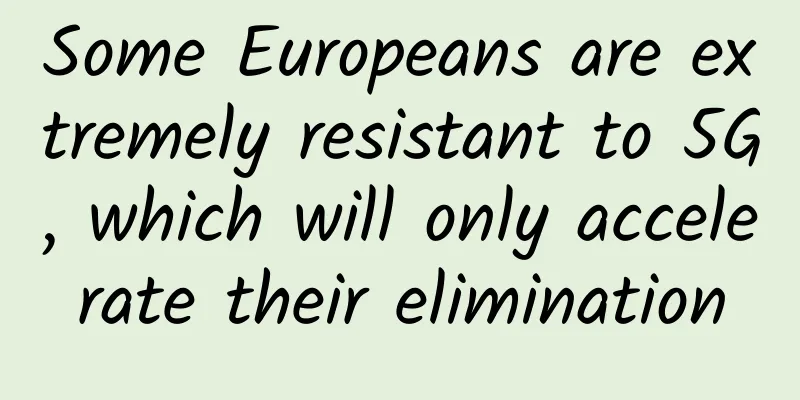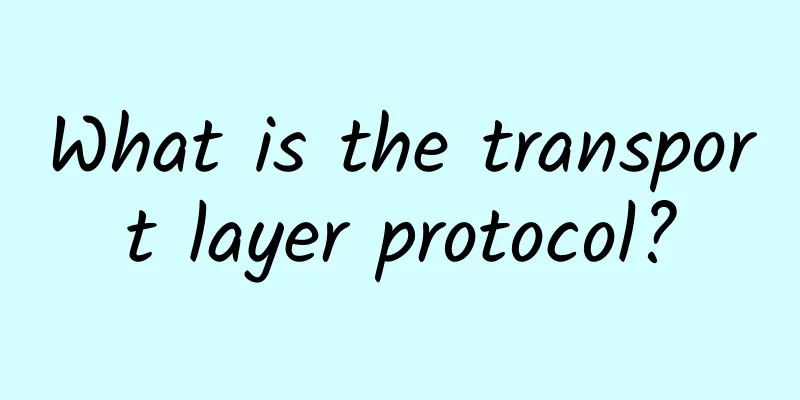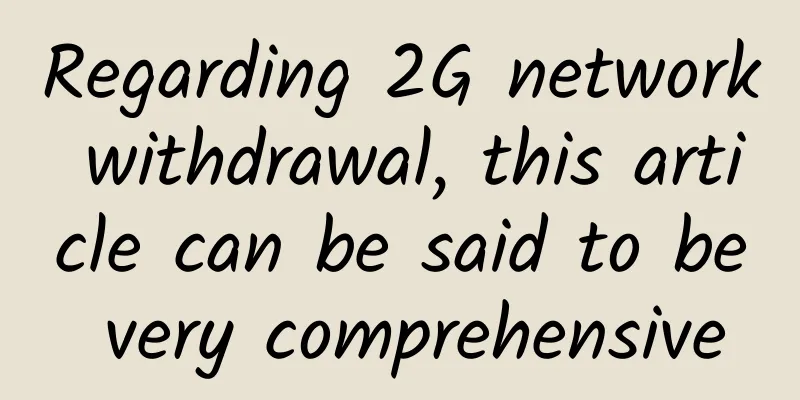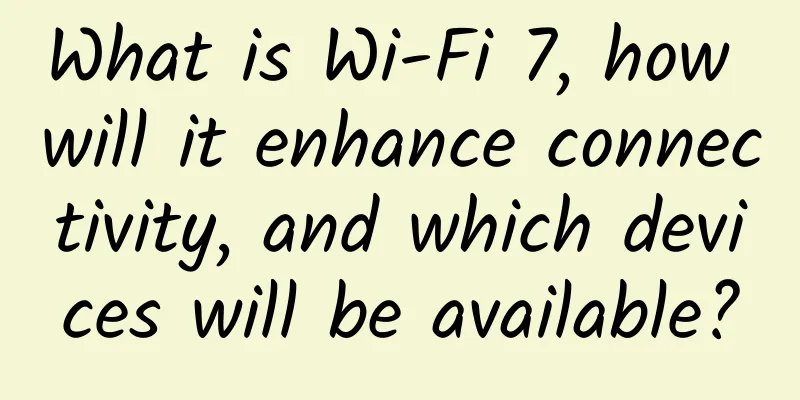Some Europeans are extremely resistant to 5G, which will only accelerate their elimination

|
It is globally recognized that 5G is the trend of the future. However, any new technology is bound to encounter misunderstandings and obstacles during its popularization. In the small town of Vollen in the Swiss Alps, there is a wave of resistance to 5G. The Swiss authorities do not allow Sunrise Communications AG or other telecommunications companies to build 5G base stations in the area, citing concerns that electromagnetic radiation from base stations may harm human health.
In addition, a Swiss activist group called "Frequencia" is also very resistant to 5G because they are worried that 5G base stations will increase the risk of cancer for local residents. As early as September last year, the group attracted more than 100 people to hold a protest in the Swiss capital. Coincidentally, Diagnose: Fun, an environmental organization in Stuttgart, Germany, also opposes the construction of 5G networks. Matthias von Herrmann, a spokesman for the organization, believes that additional radiation will increase the risk of cancer, infertility and other serious diseases. "We cannot expose people to radiation hazards without conducting necessary examinations," he said. These protests have had a real "effect". Olaf Swantee, former CEO of Asahi Telecom, said that these protests delayed the company's service launch plan, and by 2019, Asahi had only completed the construction of half of the planned 5G base stations. Even Deutsche Telekom, the largest telecom operator in Europe, had to change its 5G development plan due to this obstacle. Looking around the world, China, the United States, and South Korea are all leading in 5G construction, while Europe is far behind these countries, which is undoubtedly related to the anti-5G sentiment in Europe. Of course, we now know that rumors such as 5G radiation causing cancer are all rumors, but European opponents obviously don’t think so and are stubborn on this point. It is not worth it for these European countries and regions to reject 5G for such an unreasonable view. Because the significance of 5G is not only to make smartphones faster, but also to serve as the foundation of future technologies. The Internet of Things, autonomous driving, VR or AR, none of these advanced technologies can be separated from 5G. The demand for the Internet of Everything and the precise data transmission of autonomous driving are extremely important for future development, and these can only be achieved with 5G, which is irreplaceable. If these regions in Europe continue to maintain such a stubborn attitude, they will undoubtedly be left out of the 5G door. Even if they were once strong, complacency will be a big obstacle to future development. This is just like when Japan’s communication technology was much stronger than China’s in the era of smartphones. But today, China’s Internet industry is stronger than Japan’s because Japan failed to integrate into the global industrial chain and only focused on the domestic market, thus missing out on the evolution of the global industrial chain. Now the domestic market is also shaky. The situation in these European regions is similar to that in Japan. No one can predict how the global 5G industry chain will evolve and what it will bring, but one thing is certain: 5G will be the mainstream in the future. Rejecting 5G is equivalent to shutting out great development opportunities in the future. Of course, not all regions in Europe are so closed. On January 9, Austrian telecom operator T-mobile announced that it would officially deploy 5G in 17 selected towns across the country starting next month, making Austria the first country in Europe to commercialize 5G. This news was all over Austrian media, and Austrian Minister of Economic Affairs Margarete Schramb said: "By 2030, 5G may increase Austria's GDP by 32 billion euros and create 35,000 jobs." In addition, German Chancellor Angela Merkel also clearly expressed her support for Huawei at the end of last year. Although there are still voices of opposition in some parts of Germany, looking at Merkel's attitude, it can be predicted that the future progress of 5G in Germany will be relatively smooth. Regarding 5G, those who oppose it in Europe should have an objective and comprehensive understanding, rather than resolutely rejecting 5G based on their own speculation, because this attitude will only hurt themselves in the end. |
<<: How will 5G and edge computing develop in 2020?
>>: Programmers need to understand CDN, this article should be enough
Recommend
BuyVM Las Vegas all packages restocked from $2/month, 1Gbps unlimited traffic, small amount restocked in Luxembourg/New York/Miami, etc.
All packages in BuyVM's Las Vegas data center...
Expert Feature: To the 2G Era That Will Eventually Pass Away
Recently, the incident in which a local operator ...
HTTP Cache Protocol Practice
1. What is Cache? Cache, also known as Cache, is ...
The final of the Maker Beijing 2020 Kunpeng Application Innovation Competition is about to begin. Who will win the championship?
On August 20, 2020, the Maker Beijing 2020 Kunpen...
What exactly is 5G security and why is it important?
New technologies always bring with them a lot of ...
What basic principles should be followed to improve data center operations planning?
Enterprises need to develop an effective and adap...
The impact of the novel coronavirus on remote networking
As the new coronavirus spreads widely, many compa...
Ali Chen Haiqing: The future of intelligent human-computer interaction from Ali Xiaomi
[Original article from 51CTO.com] On July 21 and ...
Talk about the other side of 5G that you don’t know
At present, domestic policies mainly revolve arou...
Network protocols TCP and UDP
First of all, I want to emphasize that the TCP/IP...
Huawei Releases B2B Private Line Strategy for Carriers to Enable New Growth
[Hangzhou, China, October 18, 2017] Today, the 4t...
5G acceleration is inseparable from the coordination of software and hardware and industrial integration.
Faced with the sudden outbreak of the COVID-19 pa...
Tian Suning's predictions for the 5G era: more scenarios, more ecosystems, and more risks
From November 7 to 9, the fifth World Internet Co...
How are 5G standards formulated? What is the voice of Chinese companies?
The 5G standard is composed of many technologies,...
The maturity of 5G technology is the key to the real implementation of autonomous driving
[[182056]] Recently, the news that "Huawei&#...









